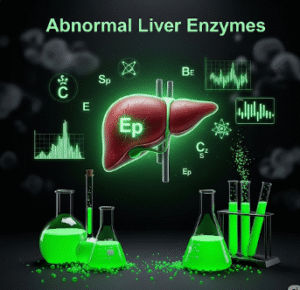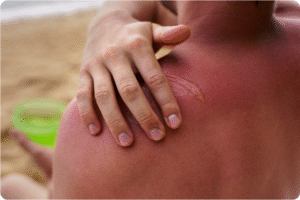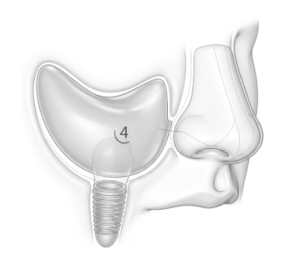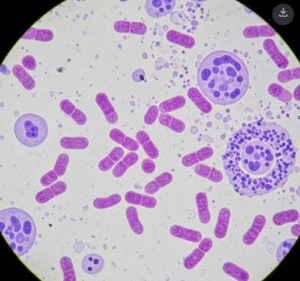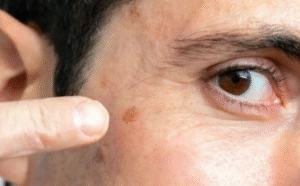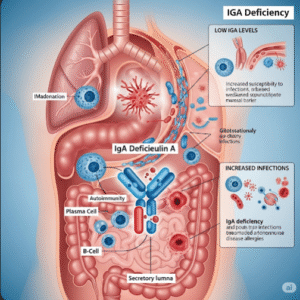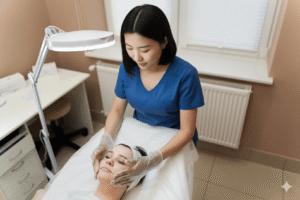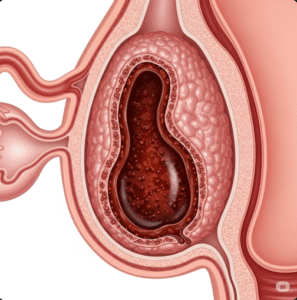Overview
Vaginal dryness is the lack of sufficient lubrication in the vagina, which can lead to discomfort, itching, burning, and painful intercourse (dyspareunia). This condition is common among women of all ages but is particularly prevalent during menopause, after childbirth, or as a side effect of certain medications.
➤ Vaginal dryness can significantly affect sexual health, quality of life, and intimate relationships.
➤ Causes include hormonal changes, medical conditions, medications, lifestyle factors, or infections.
➤ In Korea, gynecology clinics provide diagnostic evaluation, topical treatments, hormonal therapy, and advanced therapeutic options to manage vaginal dryness effectively.
Key Facts
► Definition: Insufficient vaginal lubrication leading to dryness and discomfort.
► Prevalence: Common among menopausal women, postpartum women, and those on hormonal treatments.
► Associated symptoms: Pain during intercourse, itching, burning, irritation, and frequent urinary discomfort.
► Risk factors: Decreased estrogen, menopause, chemotherapy, certain medications (antihistamines, antidepressants), smoking, stress, and autoimmune disorders.
► Treatment in Korea: Lifestyle modifications, lubricants, hormonal therapy, and advanced treatments such as laser therapy.
What Is Vaginal Dryness?
Vaginal dryness occurs when the vaginal tissues lack sufficient moisture, leading to discomfort during daily activities or sexual intercourse.
➔ The condition can be temporary or chronic depending on the underlying cause.
➔ Estrogen is essential for vaginal tissue health, promoting elasticity and lubrication; decreased estrogen often leads to dryness.
➔ Identifying the root cause is critical for effective management and symptom relief.
What Symptoms Are Related to Vaginal Dryness?
Symptoms may include:
→ Itching and irritation of the vaginal area.
→ Burning or stinging sensations, especially during urination.
→ Pain during sexual intercourse (dyspareunia).
→ Vaginal bleeding or micro-tears during intercourse.
→ Discomfort or tightness in the vaginal canal.
→ Increased susceptibility to infections due to disrupted vaginal flora.
→ Reduced sexual arousal or difficulty achieving orgasm related to discomfort.
Causes / Possible Causes of Vaginal Dryness
Hormonal Changes
➤ Menopause: Estrogen decline leads to thinning of vaginal walls and reduced lubrication.
➤ Postpartum or breastfeeding: Temporary estrogen fluctuations cause dryness.
➤ Perimenopause: Irregular estrogen levels can cause intermittent dryness.
Medications and Medical Treatments
➔ Antihistamines, antidepressants, and chemotherapy drugs may reduce natural lubrication.
➔ Radiation therapy or surgery affecting the reproductive system may contribute to dryness.
Lifestyle and Behavioral Factors
→ Smoking reduces blood flow and tissue health, contributing to dryness.
→ Stress and anxiety may decrease arousal-related lubrication.
→ Excessive use of soaps, douches, or scented hygiene products can disrupt natural moisture and pH.
Medical Conditions
► Autoimmune disorders like Sjogren’s syndrome cause generalized dryness, including vaginal tissues.
► Diabetes may lead to vaginal atrophy and reduced lubrication.
► Infections or chronic inflammation may worsen dryness and discomfort.
When Should I See My Doctor?
Consult a doctor if vaginal dryness:
➤ Causes painful intercourse, persistent itching, or burning.
➤ Is accompanied by unusual bleeding or discharge.
➤ Persists despite using over-the-counter lubricants or moisturizers.
➤ Occurs during menopause, after childbirth, or as a side effect of medication, to discuss hormonal therapy.
➤ Early intervention prevents vaginal atrophy, increased infection risk, and sexual dysfunction.
Care and Treatment
Lifestyle and Home Measures
► Use water-based or silicone-based lubricants during sexual activity.
► Apply vaginal moisturizers regularly to maintain tissue hydration.
► Avoid harsh soaps, douches, and scented hygiene products.
► Engage in gentle sexual activity to promote natural lubrication.
► Maintain healthy diet, hydration, and stress management.
Medical Treatments
➔ Topical estrogen therapy: Creams, rings, or tablets to restore vaginal tissue health.
➔ Systemic hormonal therapy: For women with broader menopausal symptoms.
➔ Non-hormonal treatments: Ospemifene or selective estrogen receptor modulators (SERMs).
➔ Treatment of underlying medical conditions contributing to dryness.
Advanced Therapeutic Interventions
→ Laser therapy (fractional CO2 or Er:YAG) to stimulate collagen, restore elasticity, and improve lubrication.
→ PRP (Platelet-Rich Plasma) therapy to enhance tissue regeneration.
→ Combination therapy integrating hormonal, topical, and procedural approaches for optimal results.
Treatment Options in Korea
Korean gynecology clinics provide comprehensive care for vaginal dryness, combining medical, non-invasive, and cosmetic approaches:
Diagnosis in Korea
➤ Gynecological examination and assessment of vaginal tissue health.
➤ Hormonal evaluation and medical history review.
➤ Imaging or biopsy if structural abnormalities or atrophy are suspected.
Non-Surgical Care
► Prescription vaginal moisturizers and lubricants.
► Hormonal therapy (topical or systemic) based on symptoms and medical history.
► Education on lifestyle adjustments and hygiene practices.
Advanced and Cosmetic Care
➔ Vaginal laser therapy for tissue rejuvenation.
➔ PRP therapy for enhanced tissue health.
➔ Multidisciplinary approach for chronic or complex cases.
Rehabilitation and Lifestyle Support
→ Regular monitoring of vaginal health and lubrication.
→ Guidance on sexual health, stress reduction, and hydration.
→ Preventive care to maintain long-term tissue integrity and comfort.
Korean hospitals combine state-of-the-art technology, expert gynecologists, and patient-centered care, ensuring effective management and improved quality of life for women experiencing vaginal dryness.



